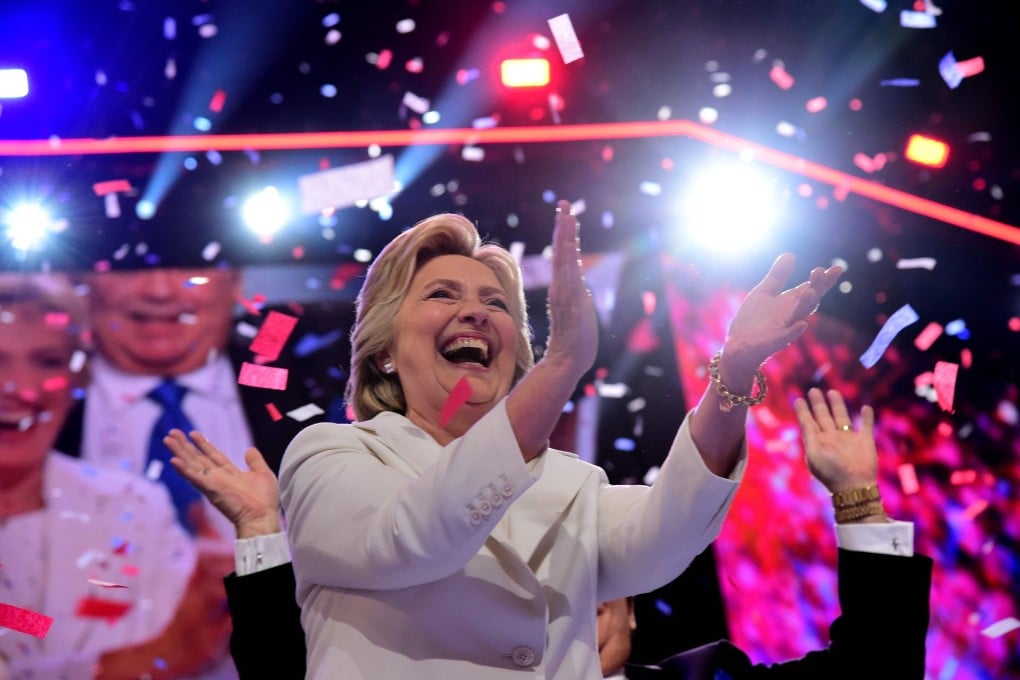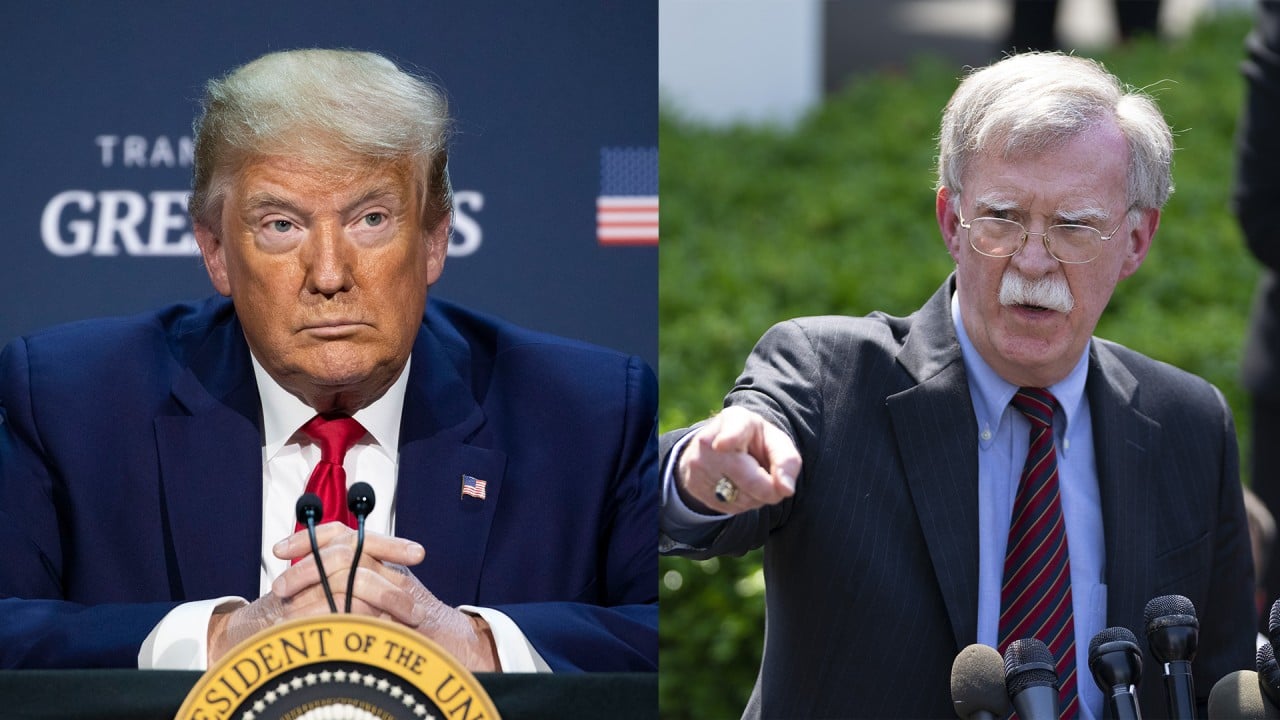Letters | Why the US is no beacon of representative democracy
- Only one of the four main symbols of the US government is directly elected by the people

This is not the case. In my view, the four pillars of democracy are an independent judiciary, the freedom to protest peacefully, space for respectful debate, and freedom of expression without fear of violence against oneself or one’s family. These pillars allow the populace to grant power to the government. Having elections without them has been proven in other countries not to create a fair, safe society.
But if, as Mr Moore implies, democracy is associated with elections, does his portrayal of the US as the beacon of a representative democracy – because it “affords average citizens the final say” – hold up?

01:34
Trump ‘pleaded’ for China to help him get re-elected, writes former US adviser Bolton in new book
The four main symbols of US democracy are – the president, senate, the House of Representatives and chief justice. Which of these are elected by “the average citizen” in a one-person-one-vote democratic way?
First, 538 people comprising the electoral college decide who will be president. If the decision lay with the average citizen, Hillary Clinton would have been president, not Donald Trump. Fewer people choose the American president than those who select Hong Kong’s chief executive. Even presidential candidates are forced on citizens by the political party elite.
Second, each US state is granted two Senate seats, irrespective of the population of the state. This is hardly representative democracy.
Third, the president appoints the chief justice of Supreme Court with the consent of the Senate. The average citizen has no say.